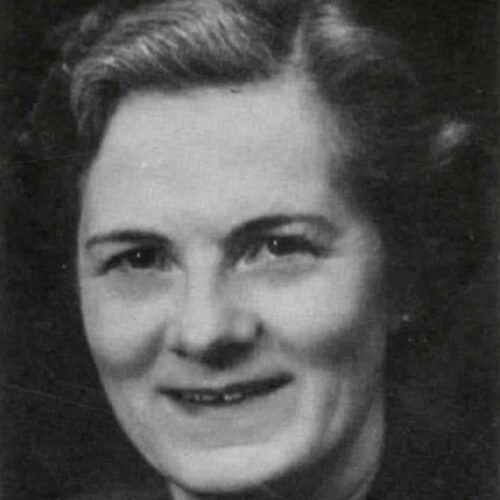

With these basic [humanist] beliefs there go commonly two corollaries. First, that virtue is a matter of promoting human well-being, not of obeying the commands of a supposed superhuman lawgiver; and, second, that the mainsprings of moral action are what Darwin called the social instincts – those altruistic, co-operative tendencies that are as much part of our innate biological equipment as are our tendencies towards aggression and cruelty.
Margaret Knight, Humanist Anthology (1961)
Margaret Knight was a psychologist and prominent humanist, who gained the nickname ‘the unholy Mrs. Knight’ following a series of BBC broadcasts in which she advocated scientific, humanist education for the young. She eloquently defended her position, strengthened by the formation of the Humanist Broadcasting Council, of which she was a leading member. As the editor of the Humanist Anthology, Knight was also influential in helping to establish the humanist canon, striving to remove ‘the illusion… that love and human brotherhood are purely Christian conceptions’ by following the thread of humanist thought from the ancient to the modern world.
A fresh, cleansing wind swept through the stuffy room that contained the relics of my religious beliefs. I let them go with a profound sense of relief.
Margaret Knight
Margaret Knight was born Margaret Horsey on 23 November 1903, the daughter of schoolmaster Ernest Percival and his wife Kate Marion. Raised in Essex, she was educated at Roedean School, before going up to Girton College, Cambridge in 1922, studying English and the moral sciences. After graduating in 1926, she worked for ten years as assistant editor of Occupational Psychology, and married Arthur Rex Knight in 1936. In 1938, she became assistant lecturer in psychology at the University of Aberdeen, becoming lecturer in 1948, and remaining there until her retirement in 1970.
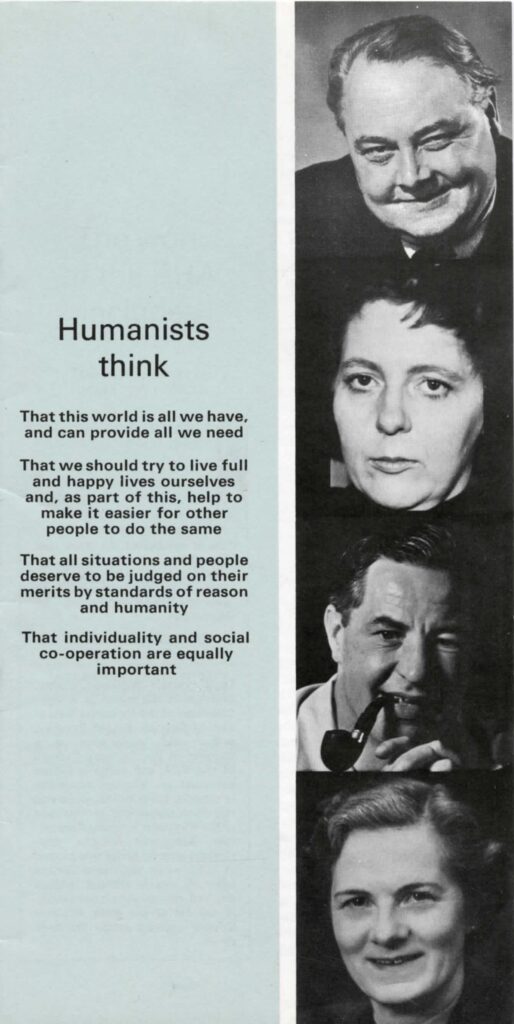
Knight had relinquished her religious beliefs while at university, influenced in part by her readings of the philosophers Bertrand Russell and J.M.E. McTaggart, both of whom were involved with the Cambridge Heretics. It wasn’t until the 1950s, however, that her humanism took on a public face, when she made a series of BBC Home Service broadcasts on ‘Morals without Religion’, and was catapulted into the public eye.
These programmes, broadcast in 1955, were years in the making, over the course of which time Knight had negotiated tirelessly with the BBC to allow a talk on humanist ethics. Influential figures within the BBC had repeatedly, and secretly, blocked her efforts, fearing an ‘attack’ on Christian values. It was only after the intervention of humanist and BBC governor Barbara Wootton, to whom Knight had appealed for help, that Morals without Religion was finally given the go-ahead, and an apology issued to Knight for the actions – and inaction – of the BBC. The two half-hour talks were broadcast on 5 and 12 January. In them, Knight addressed herself ‘to the ordinary man and woman, whose attitude towards religion is that they do not quite know what they believe.’ She sought
to make three suggestions: first, that the doubts the ordinary man feels about religion are justified, and need not be stifled or concealed; second, that there is no ground for the view… that there can be no sound character-training that is not based on religion; and third, I want to make some practical suggestions to the parents who are not believers, on what they should tell the children about God, and what sort of moral training they should give them.
Knight did not seek to attack Christianity, but instead to offer a foundation for the education of children which recognised the religious doubts of an increasing number. After all, she argued, ’in a climate of thought that is increasingly unfavourable to these beliefs, it is a mistake to try to impose them on children, and to make them the basis of moral training.’ Despite a consciously measured approach on the part of Knight, and many expressions of support from the wider public, there was a vitriolic response from conservative thinkers. One columnist in the Daily Telegraph labelled the first broadcast ‘one large slab of atheistical propaganda’, and a spread in the Sunday Graphic accused Knight of ‘beating up Christianity with a razor and a bicycle chain’. Like the gendered and virulent attacks on earlier women in the history of humanism and freethought, many reports highlighted Knight’s sex as a reason both to doubt her intellectual capacity, and recoil at the notion of her atheism.
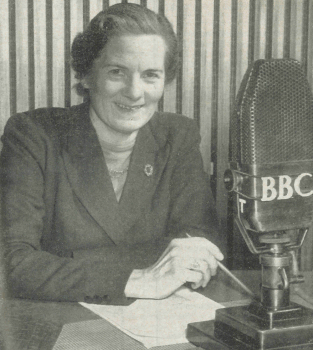
Though intense, the public furore was relatively short-lived, but nonetheless mobilised significant support from the wider humanist community. In 1956, a petition supporting increasing inclusion of humanism in broadcasting was signed by 24 leading thinkers, including Bertrand Russell, A.J. Ayer, and Jacob Bronowski. From this, the Humanist Broadcasting Council was formed. The ongoing efforts of Humanists UK to ensure the representation of the humanist viewpoint alongside the religious in broadcasting have their roots, in part, with these initiatives of the 1950s.
In addition to her role as a champion of humanist broadcasting, Knight was an active campaigner on a variety of humanist issues: a member of the Voluntary Euthanasia Society, and on the 1960s committee for moral and religious education alongside Wootton, Harold Pinter, and Anthony Flew. She died at home on 10 May 1983, a devoted humanist to the end.
Margaret Knight became the touchstone for much of the discourse around Britain as a ‘Christian’ nation, and the BBC as its proselytising mouthpiece. She opened the floor for debate and, as Callum Brown has argued, ‘formulated a down-to-earth idiom in which to discuss the religious education of children… [and] allowed a liberal public sentiment to coalesce around her, aiding and abetting the termination of cultural dominance of Christian Britain.’ Knight was also a committed and eloquent humanist, who contributed much to the historical and cultural understanding of humanism with the Humanist Anthology, and through her contributions to discussions on moral issues from a humanist standpoint. Hers was an active humanism: a lived philosophy which inspired countless others to explore their own ultimate values, and to identify them as humanist.
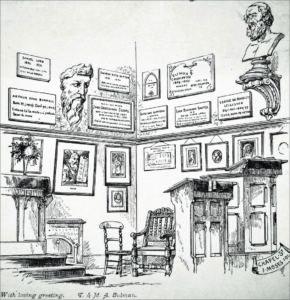
Positivism is a philosophical system based on the writings of French thinker Auguste Comte, which flourished from the 1830s onwards. […]
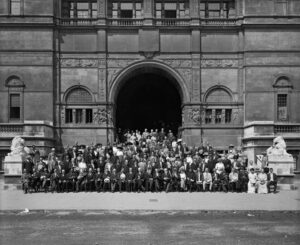
To those who regard the furtherance of International Good Will and Peace as the highest of all human interests, the […]
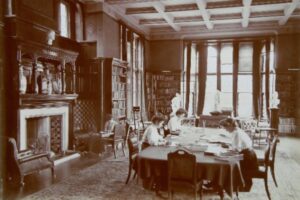
The Universities Tests Act, which ended religious discrimination in admissions and employment at the universities of Oxford, Cambridge, and Durham […]
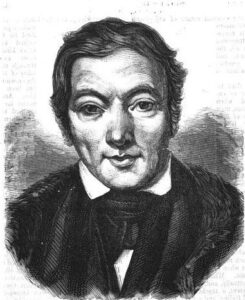
Robert Owen was a utopian socialist, philanthropist, and reformer, whose own religious scepticism fostered his desire for a secular society, […]